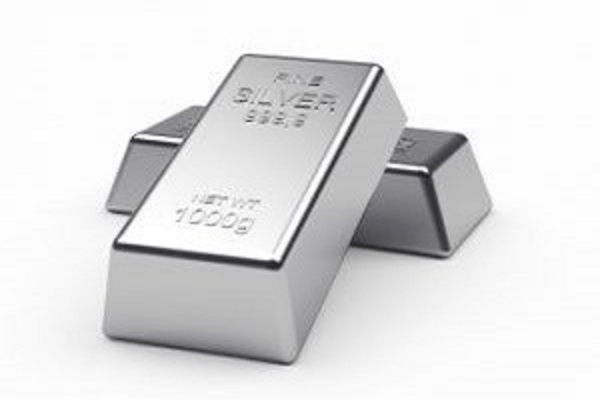F&O traders need better expertise, institutional knowledge, experienced team and technological edge to make profits: Capitalmind Financial Services
According to Capitalmind Financial Services, trading in derivatives is complex business due to the unpredictable, erratic and random behaviour of the market forces. Capitalmind says that to trade such complex products, in the even more complex environment of markets, a trader needs experience & expertise.
A recent study by SEBI shows that 93% of Individual F&O traders lost money from FY22 – FY 24. In this period, 1.13 crore unique Individual traders incurred a combined net loss of Rs.1.81 lakh crore in F&O. It highlights that more than 1 crore loss-making traders (92.8% of individual traders) lost, on an average, about Rs.2 lakh per person in the F&O over the period of three years. The Top 3.5% of loss-makers, approximately 4 lakh traders, faced an average loss of Rs.28 lakh per person over the same period, inclusive of transaction costs. While, only 7.2% of Individual F&O traders made a profit over the period of three years of which only 1% of individual traders managed to earn profits exceeding Rs.1 lakh, after adjusting for transaction costs. According to the study, most traders, regardless of capital size, incur losses. The percentage of traders losing money doesn’t change with the amount of trading capital.
Table: P&L of Profit-Makers VS Loss-Makers during FY22-24 combined

As per the study, 99.3% of the F&O traders traded options at-least once during FY 24. It shows that, 94.2% of the F&O traders traded only Options showcasing that high majority is trading just options and no futures. While, 5.1% traders traded both Futures as well as Options. And only a handful (0.7%) of the F&O traders traded only Futures. It reveals that the small 5% minority that actually trades futures managed to generate profits in FY24, on average. According to Capitalmind, this shows that trading a simpler instrument like futures, which typically depends only on the price of the underlying asset, gives you an advantage in a one-sided trending market. While, Options are complex. Their movement depends on several factors: the price of the underlying asset, time to expiry, market volatility, and the invisible hand of the market.
Nihit Kshatriya, Sr Research Analyst, Capitalmind Research said “Trading derivatives is complex business. It’s not just the structure of instruments that makes it complex/ It’s due to the unpredictable, erratic and random behaviour of the market forces. To trade in such products, in the even more complex environment of markets, a trader needs better expertise, institutional knowledge, experienced team and technological edge to make money in this business”.
The cost of trading Futures & Options (F&O) amounts to 25% of your profit and loss (P&L). Brokerage accounts for 51% of the transaction costs, exchanges take 20%, and the government collects the remaining 29%. Over the past three years, approximately 1 crore individual traders have contributed around Rs.50,000 crores in transaction costs.
“When you buy or sell a derivative contract, the simple assumption is that either you or the counterparty will make money. However, this is not the case. It’s a negative-sum game. Brokerage fees, transaction costs, and taxes can eat up to 25% of your profits or add significantly to your losses”, adds Nihit Kshatriya.
The study further reveals that in FY24, all the profits were made by proprietary firms and Foreign Portfolio Investors (FPI) through algorithmic trading. This trading mainly involves High-Frequency Trading, arbitrage, trend following, or other quantitative strategies. Though, the data shows that some individual traders who used algorithmic strategies also incurred losses overall.
According to Capitalmind Financial Services, this means that simply investing through an algorithm isn’t enough. The algorithm must be able to capitalize on market anomalies and inconsistencies to be profitable.
Above views are of the author and not of the website kindly read disclaimer
























